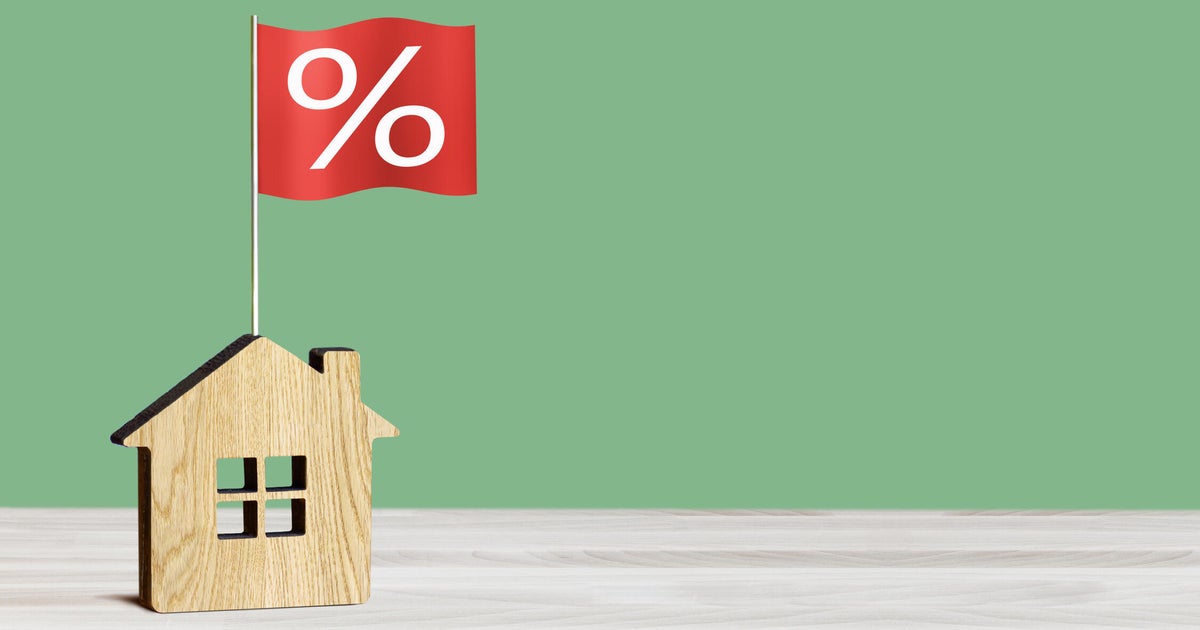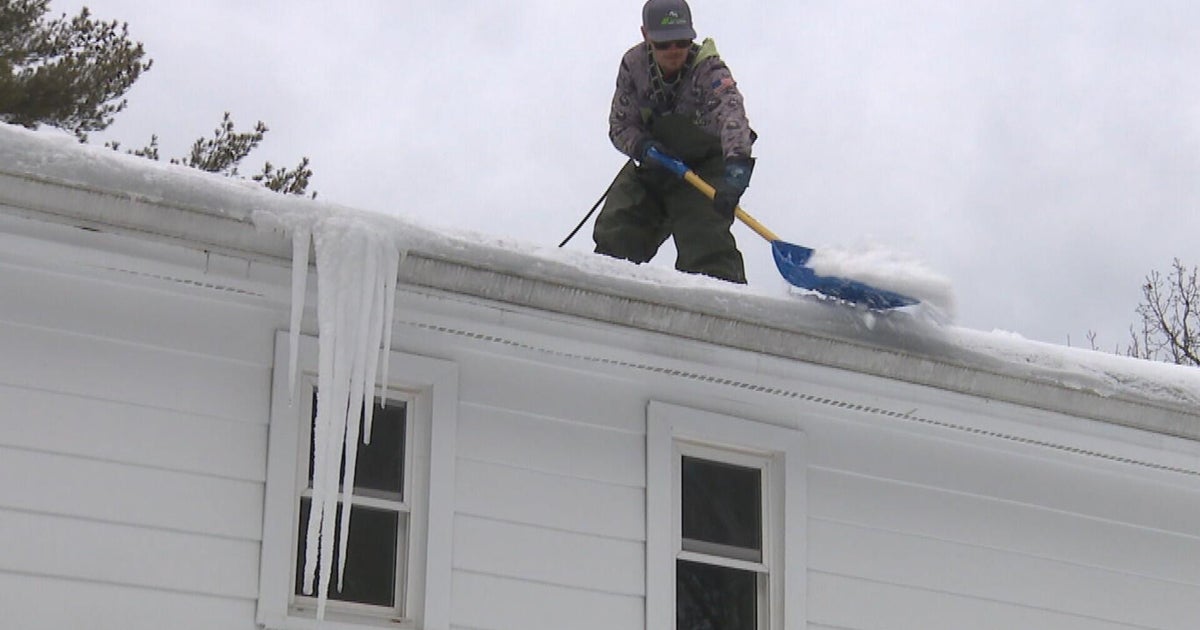Home equity loan vs. reverse mortgage: Which will be better for 2025?
The unique economic climate of 2024 is quickly coming to close. While inflation finally dropped this year and interest rate cuts were issued for the first time since 2020, the American economy still has some way to go to fully recover from the inflationary period of recent years. And that means many Americans may be exploring new ways to make ends meet.
For homeowners, this can take the form of borrowing from their home equity. Whether it be with a home equity line of credit (HELOC), home equity loan or reverse mortgage, your home may offer you the best option for accessing a large amount of money at an inexpensive cost. But home equity loans and reverse mortgages, in particular, have pros and cons for homeowners to explore before applying. And with the evolving state of inflation and interest rates, it helps to know what to consider when trying to determine which will be preferential for 2025. Below, we'll break down what to know.
Start by seeing how much equity you could borrow with a home equity loan here.
Home equity loan vs. reverse mortgage: Which will be better for 2025?
Here's what to consider when comparing these two products for the new year:
Why a home equity loan may be better
A home equity loan functions as a lump sum of money, deducted from your accumulated home equity. Right now, home equity loans have some of the lowest interest rates available for any borrowing product. At an average of just 8.38% for qualified borrowers, home equity loans are cheaper than HELOCs, personal loans and credit cards. And they come with a unique tax advantage. If your home equity loan funds are used for eligible home repairs and projects, you may qualify to deduct the interest paid on the loan from your taxes for the year in which it was used. That all noted, your home functions as collateral in this borrowing exchange. So it's not an ideal way to borrow money if you're not confident in your ability to make all of the repayments.
Because of the repayment structure, however, it can be better than a reverse mortgage, especially at today's lower rates. Unlike the latter which pays the homeowner, home equity loans will need to be repaid to the lender. This means that you can, in theory, increase your home's value once the loan is paid back. Reverse mortgages, meantime, will eat into the equity of your home with the monthly payments paid directly to the owner. And that will only be changed if the owner dies or sells the home.
Learn more about your home equity loan options here.
Why a reverse mortgage may be better
Reverse mortgages are only offered to a portion of the homeowner community. With some rare exceptions, applicants will need to be age 62 or older to qualify. But if you can meet the requirements, this may be the easier way to boost your monthly finances. The equity borrowed will only need to be repaid in the aforementioned scenarios. So you won't need to worry about making monthly payments on top of your existing financial concerns. And you won't need to worry about interest rates, tax qualifications or the wider rate climate that can affect what lenders ultimately offer you. Just understand that any money withdrawn will ultimately reduce your home's value and that could be a major contention for those who plan to pass their home on to beneficiaries after their death.
Learn more about your reverse mortgage options here.
The bottom line
The question of whether a home equity loan or reverse mortgage will be better for 2025 rests with the individual homeowner. For some a home equity loan will be smarter and safer while, for older homeowners, a reverse mortgage may be more applicable. Just be sure to research both options carefully before applying. With your home serving as the primary equity source in either scenario, it's critical that you approach borrowing from it with care and nuance.




